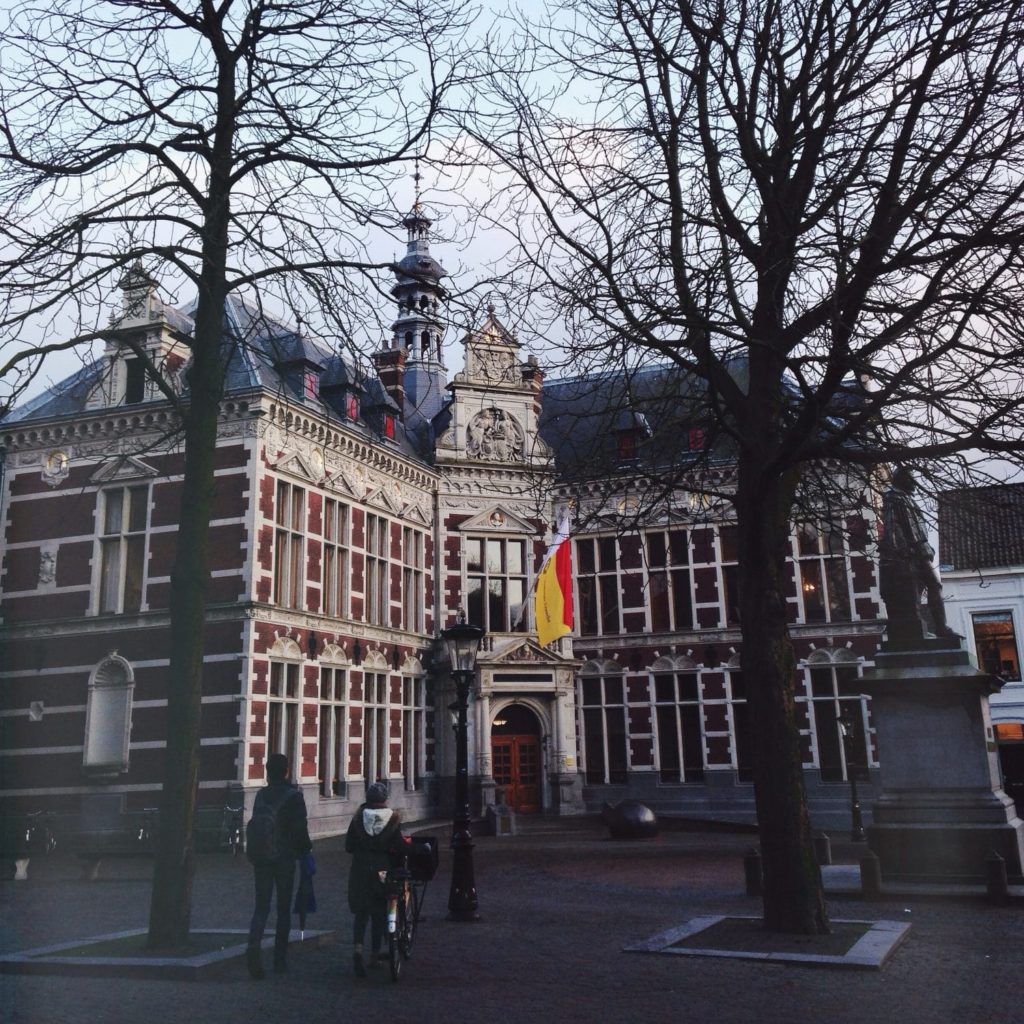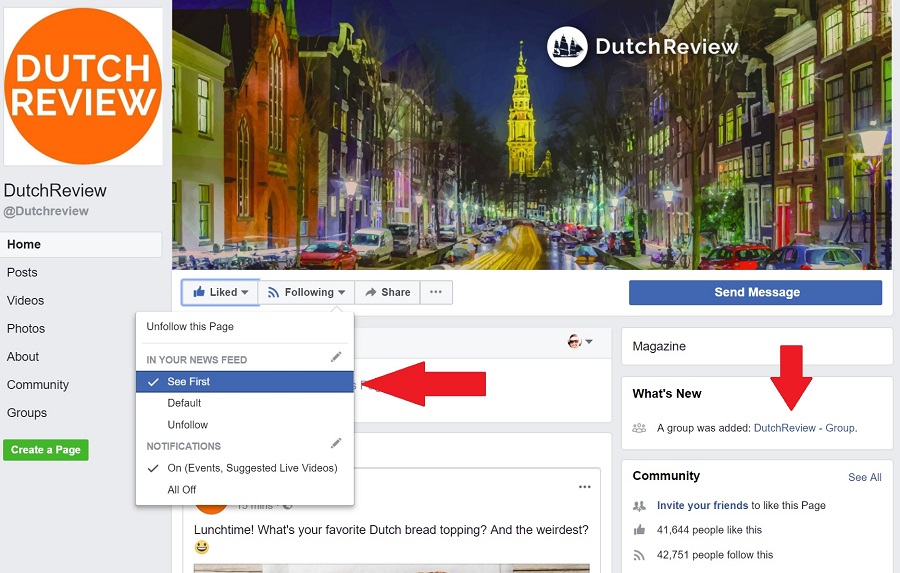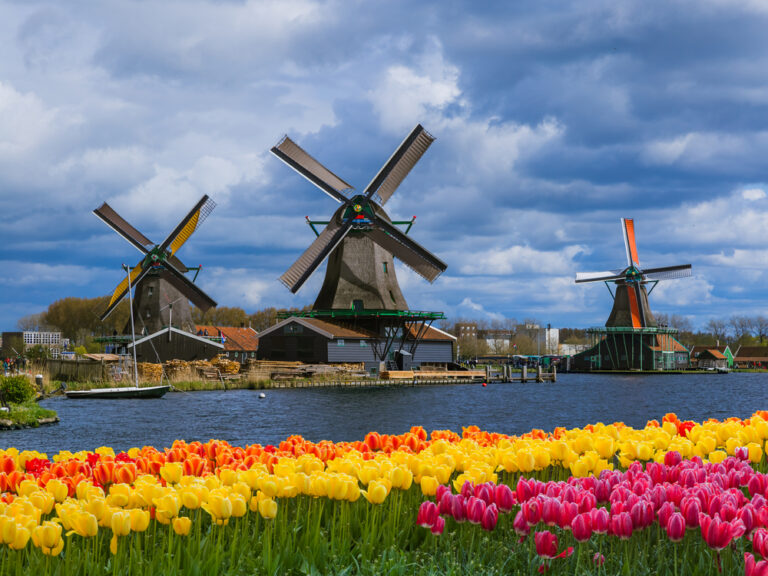Yes, finally it’s tax-season and time to do that tax return in the Netherlands! If you’ve received the well known blue envelop from the Dutch tax offices than you’re also ‘cordially invited’ to file a tax return in the Netherlands for 2016. Are you guys all just as excited as I am? And did you all study the whole year to ace this fiscal test of adulthood?
Yeah, probably not, that’s what I thought as well. Well, there is at least some good news – despite the organizational mess the Dutch tax bureaucracy is at a higher level these last months, they did invest time and money in making the whole process a bit smoother once again. But not too much of course (it’s still tax-season, not fun-season), first things first – when’s it all due?
1. The deadline for your tax return in the Netherlands
No worries, you’ve still got ample time to get your financial act together – the ultimate date to file your (income-) tax return is the 30th of April. Some Dutch people might be stressing that you’ve got until the 1st of April, but that’s just a lingering trauma – that date was extended a few years ago.
You do however get word and a possible refund from the tax office before the 1st of July if you did your tax return before the 1st of April.
Are you reading this somewhere in the last week of April? Don’t panic – you can get an extension of the deadline till the 1st of October. (Or better yet. Just get someone else to do it for you!)
2. Hypotheekrenteaftrek – Tax Return in the Netherlands when you bought a house
Buying a house certainly is a coming of age thing, and so it goes for the tax return that comes with the status of real estate ownership. Getting a mortgage may be fiscally more attractive than renting a house, but it certainly isn’t fiscally less complex.
First of all, let’s start with the jackpot-scrabble-winning word ‘hypotheekrenteaftrek’ (mortgage interest deduction). When you take out a mortgage loan the bank charges you the mortgage interest every month, it’s nice and low at some 1,5- 2% but still it will cost you. But the good news is that you can declare the interest you pay and this is deductible from your amount taxes you have to pay.
Obviously the ‘hypotheekrenteaftrek’ is a precious thing for many Dutchies, and it doesn’t look like a new cabinet will take it away from the home owners in any form.

Certain costs that you made when buying a house are also deductible from taxes, with an almost instant advance also possible. I’m talking valuation costs, the fee for the ‘NHG’ (National Mortgage Guarantee), mortgage advisor and some of the notary fee’s. It’s a big money safer when buying a house and personally I was so surprised that there was so much to be declared!
Especially if you’re living in Amsterdam you might have to deal with the ‘erfpacht‘, the groundlease, whatever it is you will be happy to hear that costs for that are also deductible! All in all it can be a complex affair, but definitely worth it financially.
3. Personal deductions for your tax return in the Netherlands
Well, it’s good to hear there’s a whole range of personal deductible items for your tax return in the Netherlands. The list changes frequently, every year the details are different, so it might be wise to consult a tax advisor if you’re not a 100% sure.
4. 30% ruling – it’s an expat thing!
There’s a fiscal reason we Dutchies think that we’re going to outshine Britain soon once it comes to drawing in heaps of expats, it’s a tax bonus! If you’re still considering moving to the Netherlands than the 30% tax free of your gross salary might just be the thing you need. The Dutch legislative bodies in all their wisdom recognized that expats might have to make more expenses than Dutch people, thus giving them a bit more financial room. So hurray for you guys and girls that qualify for this one!
Before you go out and buy an Amsterdam apartment, better check if you actually qualify for this ruling. For instance; you have to make at least 37K per year and have a job here before you register in the Netherlands.
Once again it’s a bit complex, which leads me to the following:
5. Have someone else do it for you and better
This picture says it all:
Filing a good and quality tax return can certainly help you out a lot. But it’s already troublesome for a Dutchie, so if you’re a home-buying expat it can be quite a daunting prospect. So it makes sense to have a professional party help you out with this one. Blue Umbrella can help you out with your tax return in the Netherlands, already making life easier for certain DutchReviewers. Added bonus is that they’re specialized in expat-affairs so checking up on all this 30% business or making sure you get the info you need in English is exactly their cup of tea.
Not only are some of the tax rulings in the Netherlands quite complex and bureaucratic, they can also be time-consuming. Registering with Blue Umbrella’s service of ‘Blue Tax’ can thus not only safe you money in the long run, but also safe you precious time which would otherwise go into ‘fiscal matters’.
Oh, and they can also totally extend that tax deadline for you.
Goodluck this tax season!





































